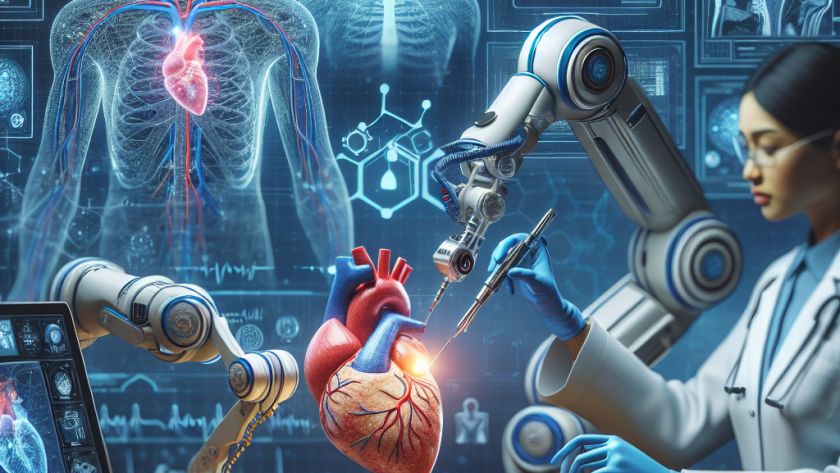Artificial Intelligence (AI) is poised to transform various sectors, including the world of arts and design. A sold-out panel discussion held on October 26 at MIT explored the future and impact of generative AI in the creative industry. The panel comprised Ziv Epstein, a multimedia artist, Ana Miljački, an architecture professor, and Alex Reben, an…







